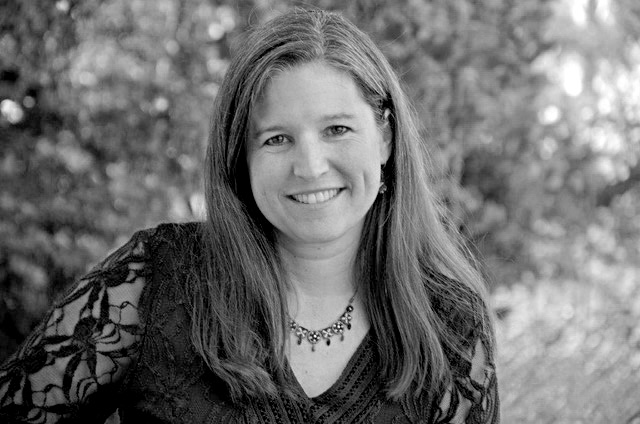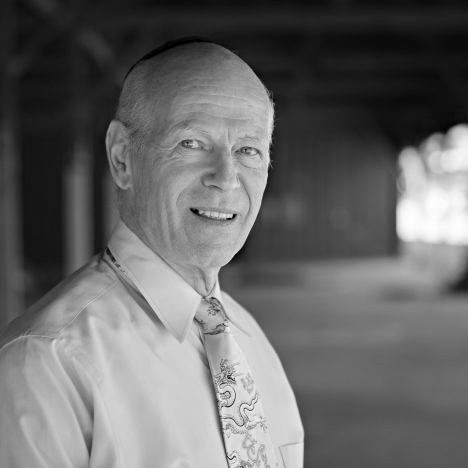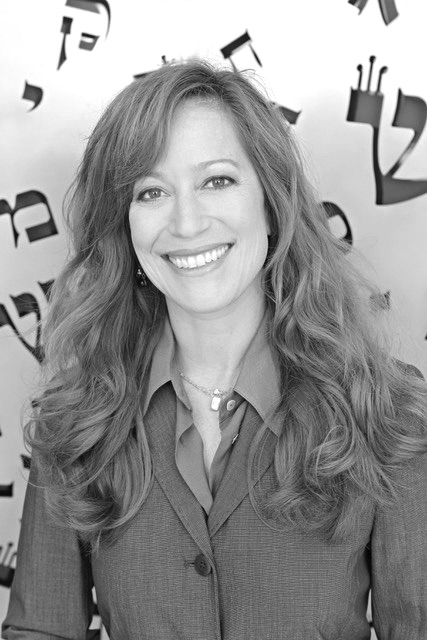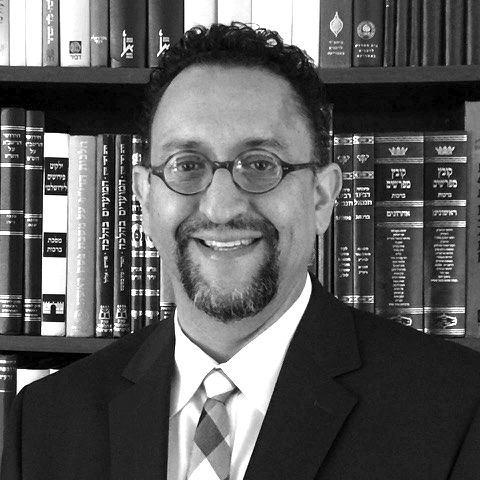 Screenshot from YouTube.
Screenshot from YouTube. PARSHA: Vayakhel-Pekudei, Exodus 35:1-3
“These are the things that the Lord has commanded you to do: On six days work may be done, but on the seventh day you shall have a sabbath of complete rest, holy to the Lord; whoever does any work on it shall be put to death. You shall kindle no fire throughout your settlements on the sabbath day.”
Rabbi Susan Leider
Congregation Kol Shofar, Tiburon, Calif.

What kind of death does someone die if they don’t observe Shabbat? Isn’t this just the kind of verse that you don’t want to read in the Torah? You’re at a bar or bat mitzvah with a bunch of people who don’t usually find themselves in the synagogue and you shrink in embarrassment, saying, “What kind of a tradition would enshrine this harsh decree in its holy books?”
There are some who would read this literally: Break Shabbat and you die. But we know that we don’t live in that kind of world. God is not coming down from on high and smacking us when we pick up our iPhone on Shabbat or smiting us when we go to the mall on Saturday afternoon. So what is going on here?
God is a partner, Shabbat is date night. Like Moses at the burning bush, we get an invitation to dance with God. But we must turn aside from our work so that we don’t miss the holy invitation, for if we miss it, it doesn’t come our way again until next week. That moment dies — along with all that, it could have made possible. We move on and another week begins.
When we work without ceasing, a part of us dies. But when we wake up to the potential of Shabbat — the possibility of a loving partner, the opportunity to be swept off our feet by the grandeur of a beautiful world, the renewal of our breath, a sacred meal shared in the company of those we love — we choose life. Choose Shabbat. Choose life.
Rabbi Mel Gottlieb
Academy for Jewish Religion, California

Shabbat, a gift from eternity, is the unending source of inspiration, creativity, ideas and meaningful visions bestowed upon us by the Eternal. Each soul is blessed with inner qualities intended to be woven into the world and added to the garment of creation.
Each living being brings a meaningful story to the world and participates in its cycle of collapse and renewal, ready to redeem the world, moment by moment. Behind all the roaring and confusion of this world, the living spirit of the Eternal waits to be found again and again. This is Shabbat.
The Talmud (Berachot 56) calls Shabbat a gift, “1/60th of the World to Come.” It is a day of rebalancing, of remembering that our true, holy purpose is to connect to the soulful reality of our existence. We get caught up in our daily duties and forget that these endeavors are a means to an end. To forget and neglect that we are working toward holiness is to risk the death of our soul. This day is given to us to remember why we are here.
Some attain rebalance through the Sabbath meal and song, through prayer and learning Torah. Others by walking along the ocean.
The Torah also teaches that when we sit around our Shabbat tables, “we should not light a fire in all our dwelling places” — that is, not lose our tempers, not spread words of hatred that light fires of strife, but keep our balance, which spreads peace and joy on this holy day.
Rabbi Cantor Alison Wissot
Temple Judea

Shabbat is arguably one of the most precious and most protected aspects of being a Jew. It seems absurd that given the benefits, we’d have to persuade anyone to keep this unique and holy gift.
Shabbat is special and holy because in one fell swoop, it connects a Jew to God, Torah and Israel. At its core is humility, a midpoint between arrogance and humiliation, a deep understanding of one’s place in the world. We do not control the universe and we need to acknowledge that regularly. We also deserve time to contemplate and celebrate our existence.
Shabbat creates enforced moments to learn Torah, ethics, values — the things that make us better. It enables a real community to come together, not merely people who are friends, or who are like-minded. This is for everyone, whether you like them, whether you agree with them or not. Clearly this is good for society.
Why then, does it need to be framed in such caustic and horrible language?
Human nature is such that we will always find ways to do what is not good unless somehow we are held accountable. With accountability, human beings rise. And even if we can allow an individual to slip, we cannot let the needs of society slide. It is fundamental to the Jewish world that at least once each week, society is immersed in training our character and studying our ethics.
Shabbat needs to be not only observed, but protected, for the good of our world.
Daniel Stein Kokin
Visiting assistant professor of Jewish and Israel Studies, UCLA

Imitation of God’s rest, reminder of the Exodus, marker of God’s consecration of Israel — the Torah’s explanations for Shabbat vary widely. Here, by contrast, its seeming sole purpose is obedience to divine decree. And here — uniquely — a specific injunction against the kindling of fire supplements, the oft-repeated prohibition on work. What sparks this?
Fire is arguably the critical physical interface between God and the world. With fire, God commenced creation (is light not fire at its root?), first communicated with Moses, and guided the Israelites in the wilderness. Similarly, with fire, he blocked off Eden, destroyed Sodom and Gomorrah, and consumed Aaron’s sons (for offering, of all things, “foreign fire”). We, too, address God through fire, formerly via animal sacrifice, now through ritualized candlelighting (ironically, in light of this passage, to mark the onset of Shabbat). And thanks to fire, we re-create the world to serve our needs and desires. In short, fire is a divine substance we have somehow acquired (the ancient Greek explanation: Prometheus stole it from Olympus).
Fire can be physically deadly, but no less dangerous is its ability to seduce us into thinking away our limits. Might this be the key to this passage’s teaching?
Perhaps instead of allowing us to imitate God, or celebrate our relationship with God, Shabbat highlights the great chasm between us. Six days we “play” divinity in transforming creation; on the seventh, we acknowledge our folly in doing so.
Or perhaps this is but one further explanation, fated to converse and compete with all the rest. Fire away!
Rabbi Daniel Bouskila
Sephardic Educational Center

Parashat Vayakhel opens with Moses gathering the entire community and instructing them to observe Shabbat. He immediately follows this with the full instructions for building the Mishkan (the Tabernacle). From this juxtaposition of Shabbat to the Mishkan, talmudic tradition established a relationship between the two.
The rabbis read this Torah portion like architects and artists, breaking it apart into different categories and genres of labor. They derived a total of 39 forms of labor needed to build the Mishkan, and they ruled that these 39 forms of labor are, in fact, the prohibited labors on Shabbat. But is Shabbat observance exclusively defined by a list of prohibited labors?
The prophet Isaiah articulates God’s vision for what we call the “spirit of Shabbat”: “If you shall refrain from pursuing business on My holy day, and declare Shabbat a delight … and shall honor it, not doing your own ways, nor pursuing your own business, nor speaking of vain matters — then shall you delight yourself in the Lord” (Isaiah 58:13-14).
Isaiah outlines an expanded vision for Shabbat: In addition to refraining from the 39 labors, we cease from pursuing our mundane business. In the words of Abraham Joshua Heschel, “The essence of Shabbat is completely detached from the world of space. The meaning of Shabbat is to celebrate time rather than space. Six days a week we live under the tyranny of things of space; on Shabbat, we try to become attuned to holiness in time.” Shabbat remains our greatest gift from God.























 More news and opinions than at a Shabbat dinner, right in your inbox.
More news and opinions than at a Shabbat dinner, right in your inbox.